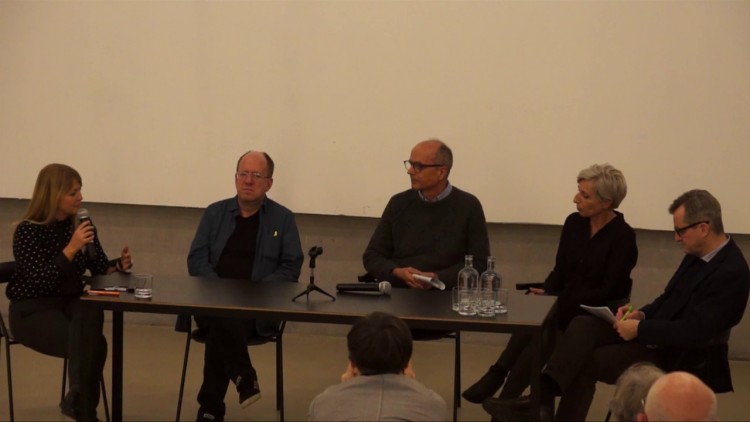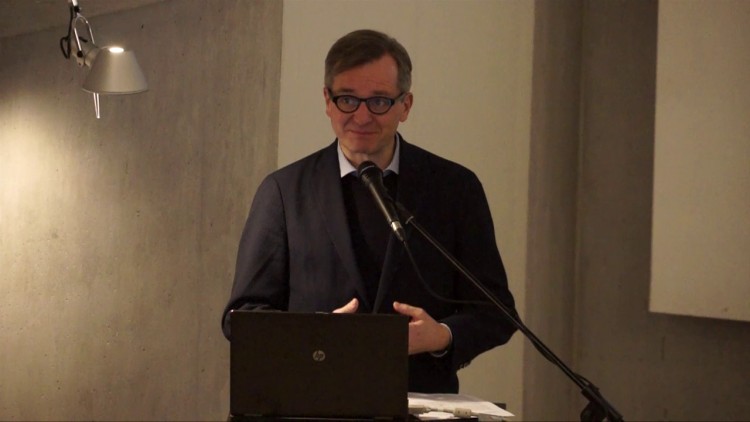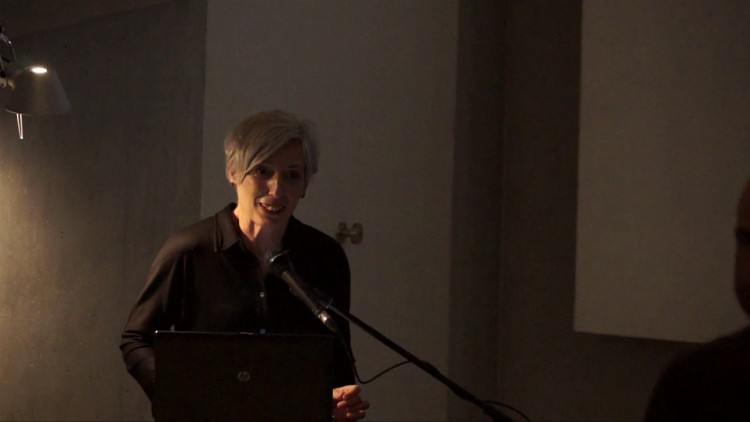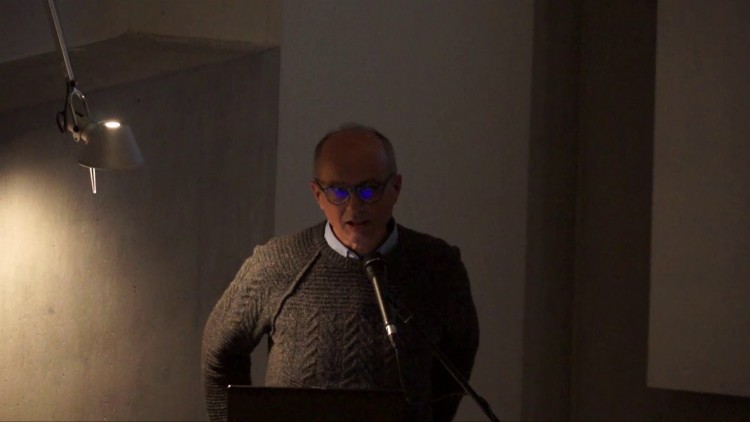The talk will investigate the concept of transparency in the writings of Paul Scheerbart, Sigfried Giedion, and Walter Benjamin. Transparency was debated and theorized across the intellectual field, from architecture, the visual arts, and cinema, to literature and philosophy, and it fused theories of subjectivity and perception, concepts drawn from engineering, and ideas of an emergent social order that would overcome the division between individual and collective.
Scheerbart imagines how glass architecture would evolve from a singular building until it covered the whole face of the earth, providing a complete enlightenment, an infinite luminosity. He stresses the sensuous and voluptuous aspects of glass—what attracts him is the possibility of modulating light and shade, heat and cold, and the achievement of a state of maximum comfort and luxury, where interior and exterior blend together in a delightful continuity and our homes become “cathedrals” for the fulfilment of desires.
Sigfried Giedion’s programmatic Bauen in Frankreich takes a somewhat different route, and proposes that transparency will undo the division between subject and object, and between the organic and the technological. In the modern world, he prophesizes, individual things will be dissolved into a single, intense, and malleable space, where mind and machine are absorbed into a new kind of spatial unity that renders all entities open to each other, which he terms “interpenetration” (Durchdringung). This interpenetration signals, through the changes that it effects in consciousness, a political shift toward a space of communality, a being-together of subjects and objects as well of classes and social groups.
Walter Benjamin, the third presented case, suggests that modern architecture heralds a culture characterized by positive “poverty,” where the use of transparent materials like glass would reduce the space of bourgeois interiority and its psychological depth.





